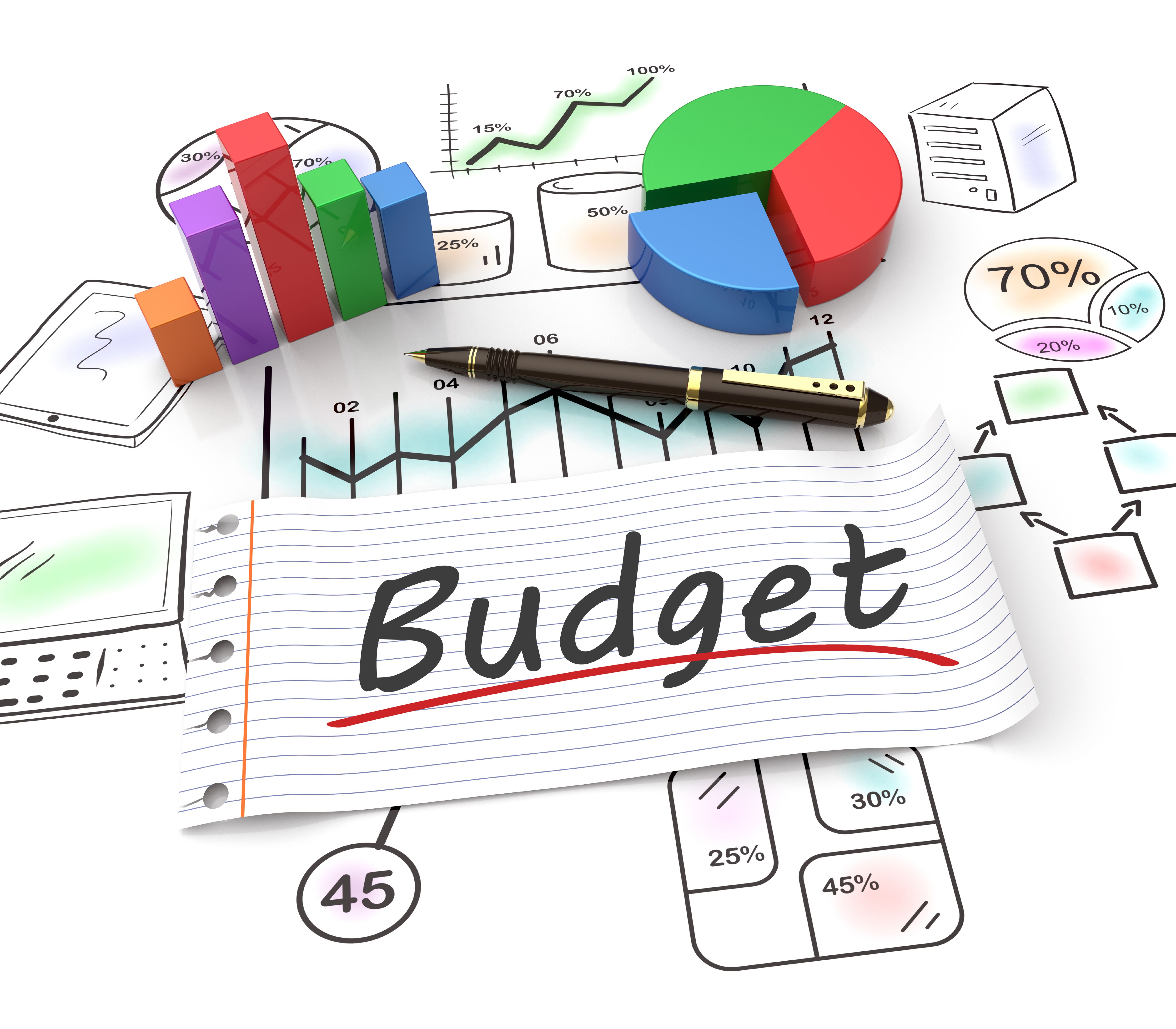Mastering Your Finances: How to Create an Effective Budget
Understanding the Basics of Budgeting
Budgeting is a crucial skill that can help you gain control over your finances and achieve your financial goals. An effective budget serves as a roadmap for your spending, allowing you to allocate resources wisely and avoid unnecessary debt. To begin mastering your finances, it's essential to understand the basics of budgeting and how it can positively impact your financial well-being.
At its core, budgeting involves tracking your income and expenses to ensure you spend less than you earn. This simple concept can lead to significant financial stability and growth over time. By creating a budget, you can identify areas where you may be overspending and adjust your habits accordingly.

Setting Financial Goals
Before diving into the specifics of your budget, it's important to establish clear financial goals. These goals will guide your budgeting efforts and provide motivation to stick to your plan. Financial goals can vary significantly from person to person, but they often include saving for retirement, purchasing a home, or paying off debt.
Start by writing down both short-term and long-term financial goals. Short-term goals might include saving for an upcoming vacation or building an emergency fund, while long-term goals could involve planning for retirement or funding a child's education. Having these goals in place helps prioritize your spending and savings decisions.
Tracking Your Income and Expenses
The next step in creating an effective budget is to track your income and expenses accurately. Begin by gathering all sources of income, such as salaries, freelance earnings, or any additional revenue streams. It's crucial to have a clear picture of how much money is coming in each month.
Once you have a handle on your income, move on to tracking your expenses. This can be done by reviewing bank statements, credit card bills, and other financial records. Categorize your expenses into fixed costs like rent or mortgage payments and variable costs such as groceries or entertainment. This will help you identify areas where you can cut back.

Developing a Realistic Budget
With a clear understanding of your income and expenses, the next step is to develop a realistic budget that aligns with your financial goals. Start by subtracting your total expenses from your total income to determine if you're living within your means or overspending.
If you find that your expenses exceed your income, it's time to make adjustments. Look for areas where you can reduce spending without sacrificing essential needs. This might involve cutting back on dining out or finding more affordable alternatives for recurring expenses.
Implementing and Adjusting Your Budget
Creating a budget is only the beginning; implementing it is where the real challenge lies. Begin by setting up a system to monitor your spending continuously. This can be done through budgeting apps, spreadsheets, or even pen and paper if you prefer a more traditional approach.
It's essential to review your budget regularly and make necessary adjustments as your financial situation changes. Life events such as a job change, relocation, or family expansion can significantly impact your finances. Being flexible and willing to adjust your budget as needed is crucial for long-term success.

Building an Emergency Fund
An effective budget should include provisions for unexpected expenses by building an emergency fund. This fund acts as a financial safety net, providing peace of mind in case of emergencies like medical bills or car repairs.
Aim to save three to six months' worth of living expenses in your emergency fund. Start small if necessary, gradually increasing the amount as you become more comfortable with budgeting. Consistent contributions will help you build a robust safety net over time.
Staying Committed to Your Financial Plan
Sticking to a budget requires discipline and commitment, but the rewards are well worth the effort. Regularly revisit your financial goals and remind yourself why you began budgeting in the first place. Celebrate small victories along the way to maintain motivation.
Consider sharing your budget with a trusted friend or family member for accountability. Having someone else aware of your goals can provide the encouragement needed to stay on track.
Conclusion
Mastering your finances through effective budgeting is a journey that requires patience and dedication. By understanding the basics of budgeting, setting clear financial goals, and consistently tracking income and expenses, you can create a sustainable financial plan that leads to long-term success. Remember that budgeting is not about restriction but rather empowerment, giving you control over your money and the freedom to achieve your aspirations.
